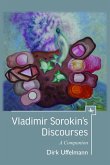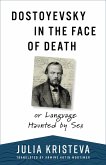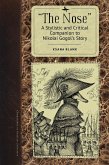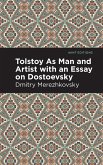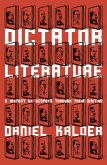It is commonly believed that Stalinism ended a vibrant period in Soviet avant-garde art and literature. The triumph of socialist realism, in this view, curtailed experimentation with aesthetic form and replaced it with a call for clarity, accessibility, and ideological conformity. But Stalin's formula "national in form, socialist in content" gave artists an opening for officially sanctioned formal innovation-as long as it drew on the national cultures of the Soviet Union.
Nariman Skakov offers a new way to understand Soviet modernism, showing how writers and artists looked to the East to renew avant-garde experimentalism under Stalin. He traces how figures such as Victor Shklovsky, Aleksandr Rodchenko, Varvara Stepanova, Dziga Vertov, and Sergei Eisenstein responded to the Soviet state's ideological demands by engaging with the traditions of the new socialist republics in Central Asia. The concept of national form gave these artists a sanctuary for aesthetic innovation, yet this experimentation relied on exoticization of the "strangeness" of the Soviet East and a fascination with ethnic others.
Recasting Soviet aesthetics from the vantage point of Central Asia, Skakov rethinks orientalism and its relationship to socialism. Challenging conventional narratives of the fate of the Soviet avant-garde, Reorientalism provides a deeply original decentering of modernism.
Nariman Skakov offers a new way to understand Soviet modernism, showing how writers and artists looked to the East to renew avant-garde experimentalism under Stalin. He traces how figures such as Victor Shklovsky, Aleksandr Rodchenko, Varvara Stepanova, Dziga Vertov, and Sergei Eisenstein responded to the Soviet state's ideological demands by engaging with the traditions of the new socialist republics in Central Asia. The concept of national form gave these artists a sanctuary for aesthetic innovation, yet this experimentation relied on exoticization of the "strangeness" of the Soviet East and a fascination with ethnic others.
Recasting Soviet aesthetics from the vantage point of Central Asia, Skakov rethinks orientalism and its relationship to socialism. Challenging conventional narratives of the fate of the Soviet avant-garde, Reorientalism provides a deeply original decentering of modernism.
Dieser Download kann aus rechtlichen Gründen nur mit Rechnungsadresse in A, D ausgeliefert werden.



